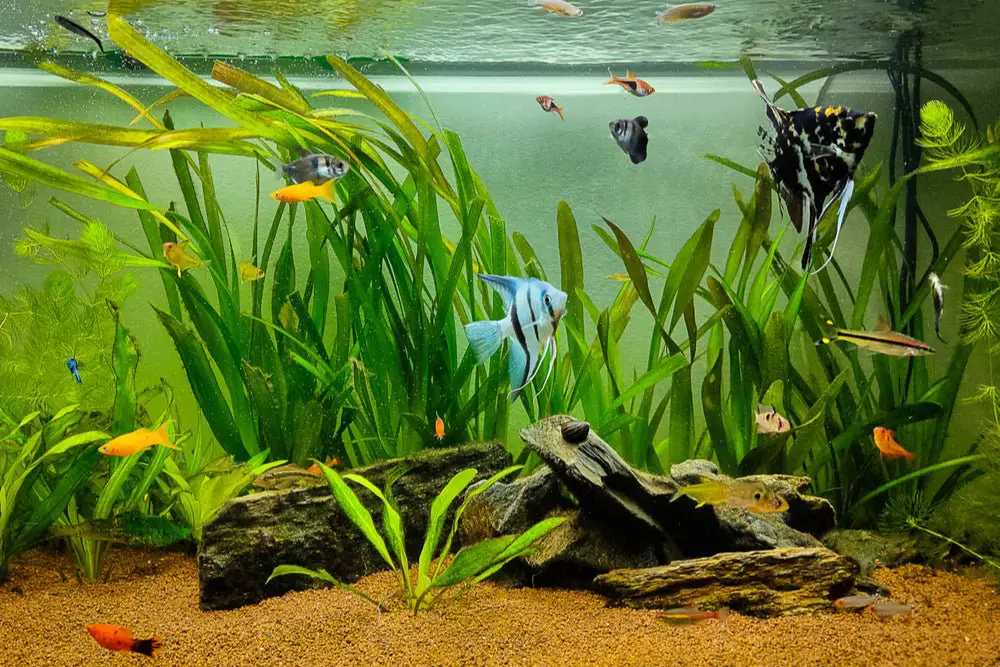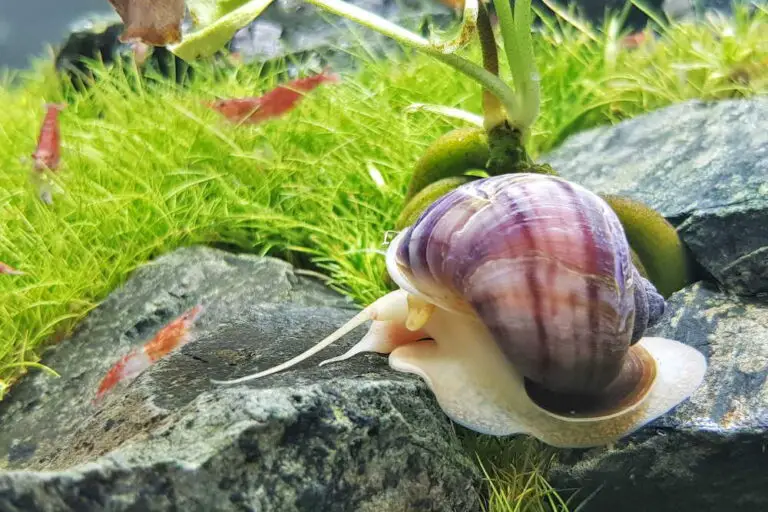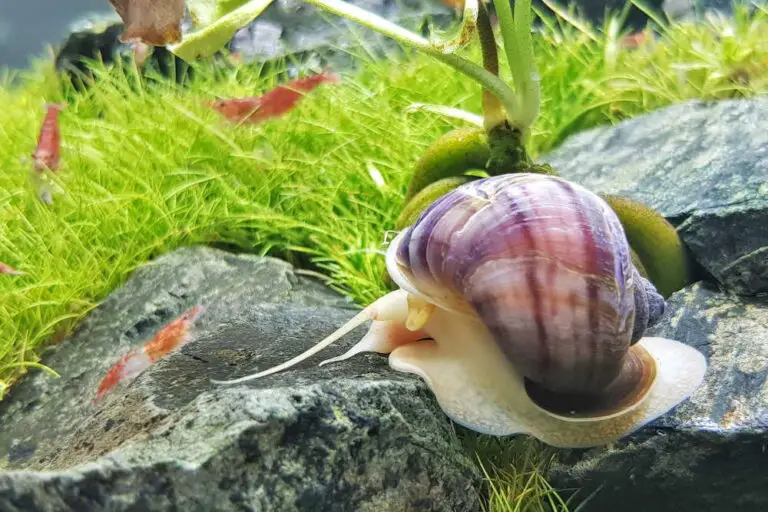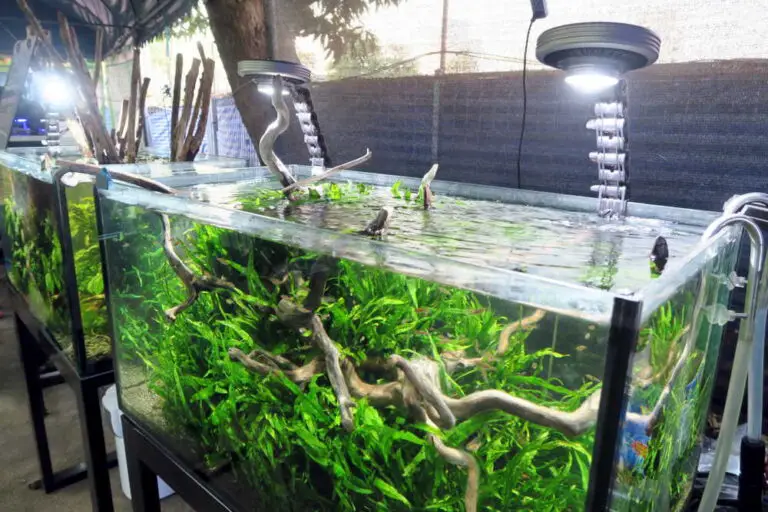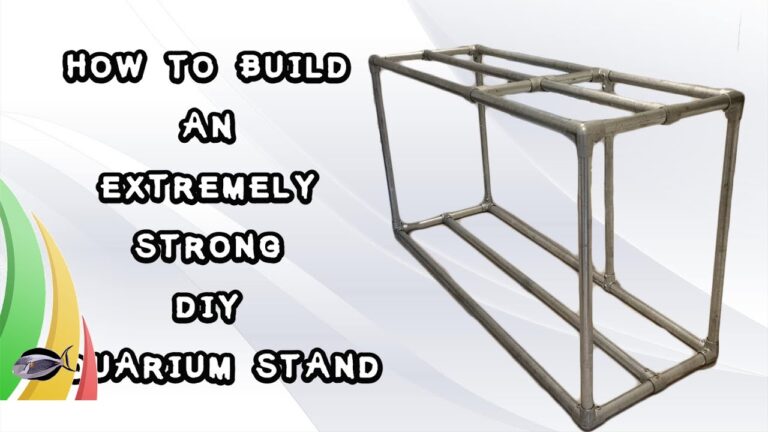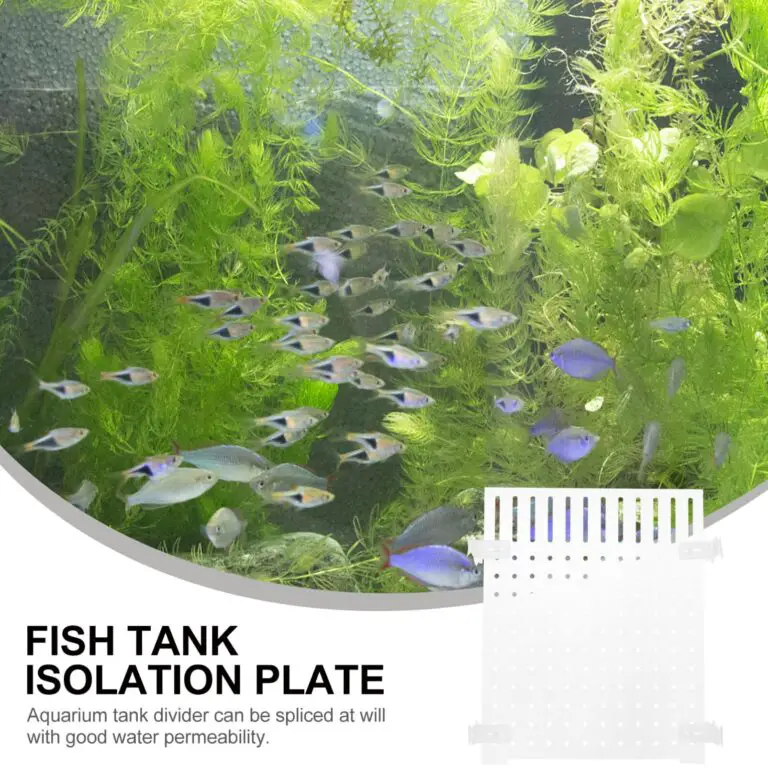Best Aquarium Plants for Nitrate: Top Picks for Cleaner Tanks
Having an aquarium is fun, but it needs care. One of the big problems is nitrate. High nitrate levels can harm fish. But, there are plants that help reduce nitrate. In this article, we will talk about these plants.
Why Nitrate is a Problem
Nitrate comes from fish waste and old food. It builds up in the water. High nitrate levels can make fish sick. It can also cause algae to grow. Algae makes the tank look dirty.
How Plants Help
Plants use nitrate as food. They take it from the water. This helps keep nitrate levels low. Healthy plants mean healthy fish.

Credit: m.youtube.com
Best Aquarium Plants for Nitrate Reduction
Here are some of the best plants for reducing nitrate:
1. Anacharis
Anacharis is a great plant for beginners. It grows fast and is easy to care for. It can float or be planted in the gravel. Anacharis takes in a lot of nitrate, keeping the water clean.
2. Hornwort
Hornwort is another easy plant. It can grow in low light. It can float or be planted. Hornwort grows fast and takes in a lot of nitrate. It also provides a hiding place for fish.
3. Java Moss
Java Moss is a low-maintenance plant. It grows slowly but steadily. It can attach to rocks and driftwood. Java Moss helps keep nitrate levels low. It also makes the tank look nice.
4. Duckweed
Duckweed floats on the surface. It grows very fast and takes in a lot of nitrate. It can cover the whole surface, so you need to remove some often. Duckweed is great for keeping nitrate low.
5. Water Sprite
Water Sprite can grow in the gravel or float. It grows fast and helps reduce nitrate. Water Sprite also gives fish a place to hide.
6. Amazon Sword
Amazon Sword is a popular plant. It has big, green leaves. It grows well in gravel and needs moderate light. Amazon Sword helps keep nitrate levels low.
How to Care for Aquarium Plants
To keep your plants healthy, follow these tips:
- Light: Most plants need light to grow. Use an aquarium light for 8-10 hours a day.
- Fertilizer: Plants need nutrients. Use a liquid fertilizer made for aquariums.
- Pruning: Trim plants when they get too big. This helps them grow better.
- Water Changes: Do regular water changes. This keeps the water clean and helps plants grow.
Benefits of Aquarium Plants
Having plants in your aquarium has many benefits:
- Reduce Nitrate: Plants take in nitrate, keeping levels low.
- Oxygen: Plants produce oxygen, which is good for fish.
- Algae Control: Plants compete with algae for nutrients, reducing algae growth.
- Hiding Places: Plants give fish places to hide and feel safe.
- Beauty: Plants make the aquarium look beautiful and natural.
Frequently Asked Questions
What Plants Reduce Nitrates In Aquariums?
Java Moss, Duckweed, and Hornwort are excellent for reducing nitrates in aquariums.
Are Live Plants Good For Nitrate Control?
Yes, live plants absorb nitrates, improving water quality.
How Do Aquarium Plants Absorb Nitrates?
Plants use nitrates as nutrients, absorbing them through their roots and leaves.
Which Plant Absorbs Nitrates The Fastest?
Duckweed absorbs nitrates very quickly, making it highly effective.
Conclusion
Plants are important for a healthy aquarium. They help reduce nitrate and keep fish happy. Anacharis, Hornwort, Java Moss, Duckweed, Water Sprite, and Amazon Sword are great choices. Take care of your plants, and they will take care of your fish.

Credit: www.aquariumcoop.com
FAQs
| Question | Answer |
|---|---|
| What is nitrate? | Nitrate is a compound that comes from fish waste and old food. |
| Why is nitrate bad for fish? | High nitrate levels can make fish sick and cause algae growth. |
| How do plants help reduce nitrate? | Plants take in nitrate from the water, keeping levels low. |
| What are some easy plants for beginners? | Anacharis, Hornwort, and Java Moss are easy plants to start with. |
| How much light do aquarium plants need? | Most plants need 8-10 hours of light a day. |
